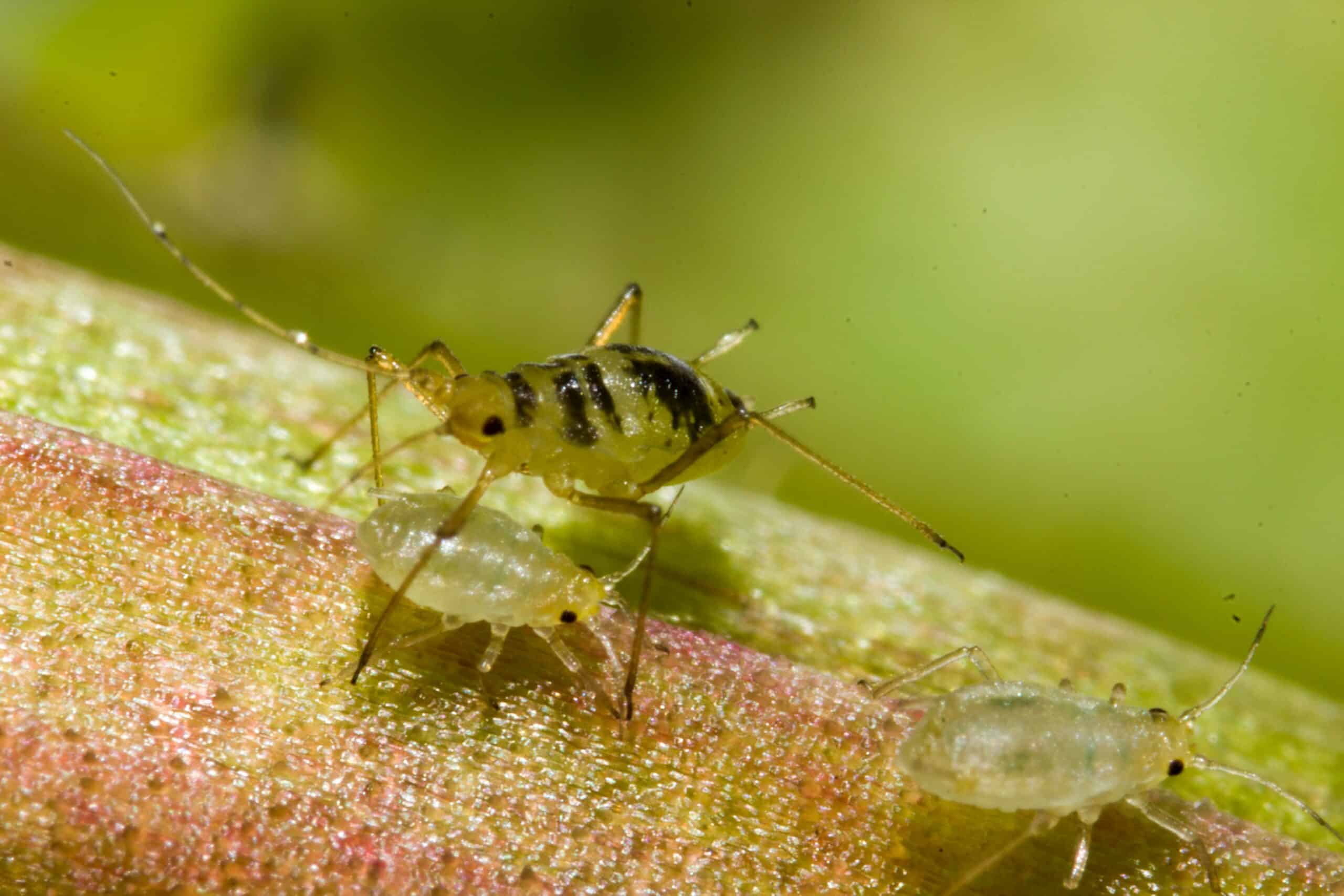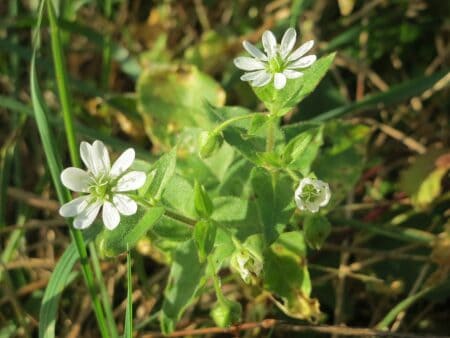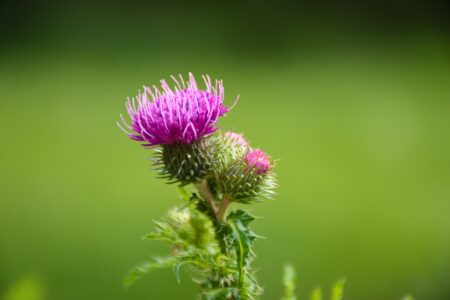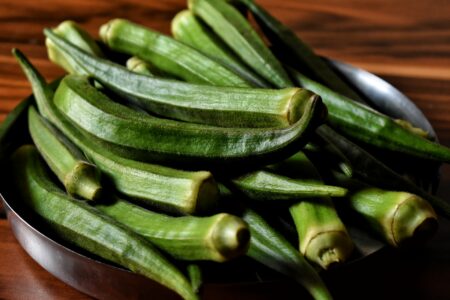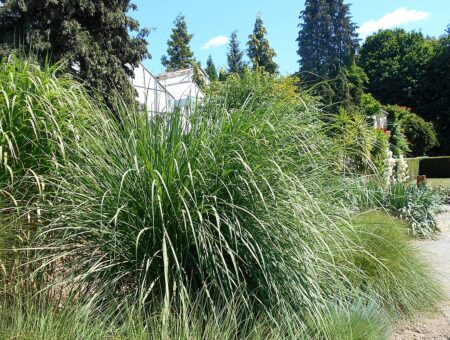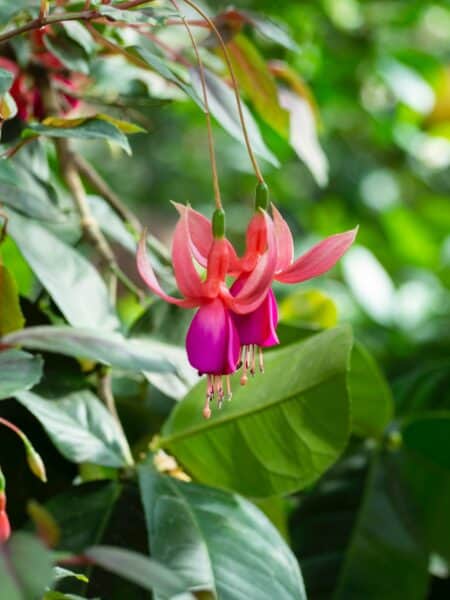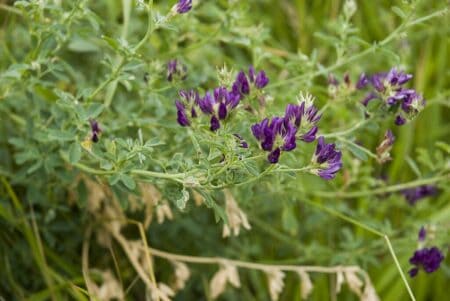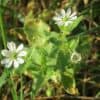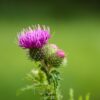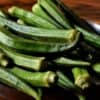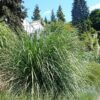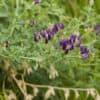If you’re an avid gardener or have a few potted plants at home, you may have come across aphids at some point. These tiny insects can wreak havoc on your plants, causing damage to leaves, flowers, and stems. Aphids can multiply quickly, making it essential to address the problem as soon as you notice their presence.
While there are chemical sprays available to get rid of aphids, they can harm beneficial insects and pollinators. Fortunately, there are several natural ways to control aphids without harming your plants or the environment. In this article, we’ll explore some effective methods for getting rid of aphids and preventing them from coming back.
What are Aphids?
Aphids are small, soft-bodied insects that feed on plant sap using their piercing mouthparts. They come in a variety of colors, including green, black, yellow, and pink. Some species have wings, while others do not.
Aphids are a problem for gardeners because they can damage plants by sucking out their sap, which can cause wilting, stunting, and yellowing of leaves. They can also transmit viruses from plant to plant. Aphid infestations can vary, but often include:
- Overcrowding of plants
- Lack of natural predators
- Warm and humid weather conditions
The effects of aphids on plants can be devastating. They can cause yellowing of leaves, deformation of plant growth, and even death if left untreated. It’s important to take action as soon as you notice an aphid infestation to prevent further damage to your plants.
Identifying Aphids
Aphids are small, soft-bodied insects that are usually green or brown in color. They are often found in large numbers on the leaves and stems of plants, where they feed on the sap. Aphids are a common pest in gardens and can cause significant damage to plants if left unchecked.
One of the easiest ways to identify aphids is by their size and shape. They are usually less than 1/4 inch in length and have a pear-shaped body with long antennae and two tube-like structures called cornicles on their back. These cornicles secrete a substance that helps to repel predators and other insects.
Aphids can come in a variety of colors, including green, brown, yellow, and red. Some species also have wings, which they use to fly to new plants and infestations.
If you suspect that your plants are infested with aphids, there are a few signs to look out for. One of the most obvious signs is the presence of sticky, sugary honeydew on the leaves and stems of the plant. This is a byproduct of the aphids’ feeding and can attract other pests like ants.
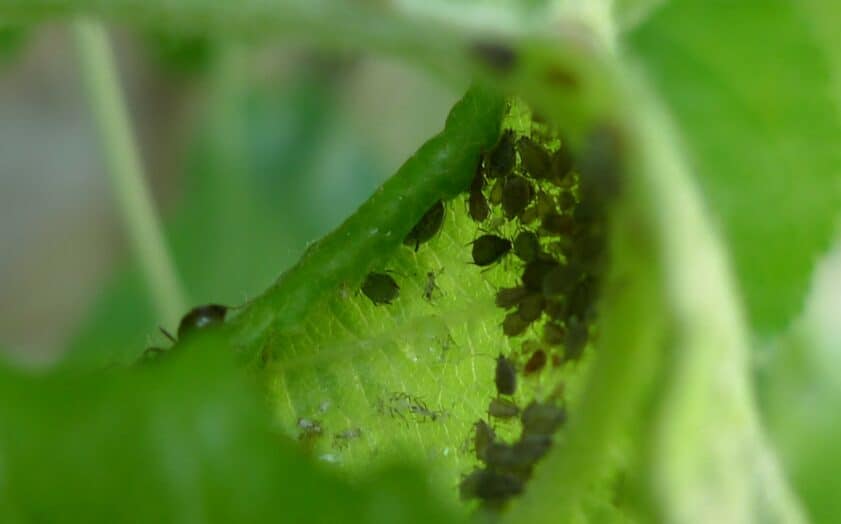
You may also notice distorted or curled leaves, stunted growth, and yellowing or browning of the leaves. These are all signs of damage caused by aphids feeding on the plant’s sap.
Types of Plants Affected by Aphids
Aphids are known to feed on a wide range of plants, including both ornamental and edible plants. Some of the most common plants affected by aphids are:
Roses
Aphids often infest rose bushes, causing damage to the leaves and buds. They can also transmit viruses that can harm the plant.
Vegetables
Aphids can be found on a variety of vegetables, including lettuce, cabbage, broccoli, and cauliflower. They can cause stunted growth and deformities in the plants.
Fruit trees
Aphids can infest fruit trees, such as apple, pear, and peach trees. They can cause damage to the leaves and fruit, and can also attract other pests.
Herbs
Aphids can be found on herbs such as basil, mint, and parsley. They can cause yellowing of the leaves and stunted growth.
Houseplants
Aphids can also infest indoor plants, such as African violets, ferns, and ivy. They can cause damage to the leaves and attract other pests.
It is important to keep an eye out for aphids on your plants and take action if you notice an infestation. Regular inspection and early detection can help prevent extensive damage to your plants.
Natural Ways of Control
Aphids can be a pesky problem for gardeners, but there are natural ways to get rid of them without resorting to harsh chemicals. Here are a few methods to try:
Introduce Beneficial Insects
Ladybugs and lacewings are natural predators of aphids and can help control their population. You can purchase these insects online or at a garden center and release them in your garden.
Neem Oil
Neem oil is a natural insecticide that can be effective against aphids. Mix a few tablespoons of neem oil with water in a spray bottle and apply it to the affected plants. Neem oil is effective against other pests as well, such as fungus gnats or spider mites.
Dish Soap
Mix a few drops of dish soap with water in a spray bottle and apply it to the affected plants. The soap will suffocate the aphids and cause them to fall off the plant.
Removing Plants
If you find an infested plant, remove it immediately to prevent the aphids from spreading to other plants. Ensure to not to throw the plant into compost, seal it in a plastic bag so aphids cannot migrate.
Beneficial Insects
Ladybugs, lacewings, and other beneficial insects can help control aphids naturally. You can purchase them online or from a garden center.
While these methods can be effective, it’s important to note that they may not completely eliminate the aphids. It may take a combination of methods and ongoing maintenance to keep them under control.
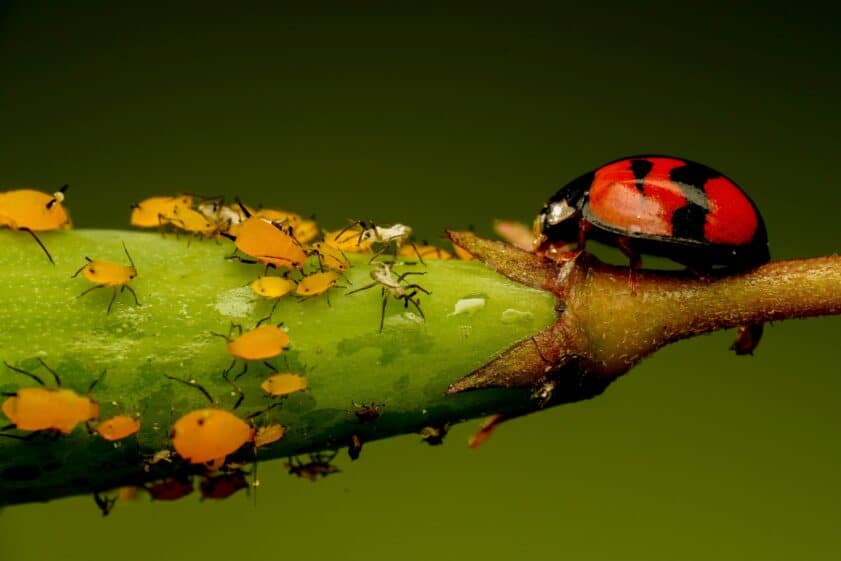
Chemical Control
If natural methods are not effective in controlling aphids, chemical methods can be used. However, it is important to use these methods with caution as they can harm beneficial insects and pollinators. Here are some chemical methods for aphid control:
Insecticidal Soap
This is a low-toxicity option that can be used to control aphids. It works by suffocating the insects, so it is important to thoroughly cover the aphids with the solution.
Pyrethrin
This is a natural insecticide that is derived from chrysanthemum flowers. It can be effective in controlling aphids, but it can also harm beneficial insects.
Systemic Insecticides
These are chemicals that are absorbed by the plant and can kill aphids when they feed on the plant. They can be effective, but they can also harm beneficial insects and pollinators.
Rubbing Alcohol
Rubbing alcohol is an effective and natural way to control aphids on your plants. Using rubbing alcohol to control aphids is a safe and effective method that can be used in conjunction with other natural pest prevention methods such as companion planting and introducing beneficial insects to the garden.
Here are some steps to follow:
- Mix 1 part rubbing alcohol with 3 parts water in a spray bottle
- Shake well to ensure the mixture is well combined
- Spray the mixture onto the leaves and stems of the affected plant
- Make sure to cover the aphids and their eggs with the spray
- Reapply the spray every few days until the aphids are gone
It is important to note that alcohol can be harmful to some plants, so it is recommended to test the mixture on a small area of the plant before spraying the entire plant. Additionally, it is important to use rubbing alcohol and not drinking alcohol, as drinking alcohol will not be effective in controlling aphids.
When using chemical methods, it is important to read and follow the instructions carefully. Wear protective clothing and avoid spraying on windy days. It is also important to use these methods as a last resort and to try natural methods first.
Prevention
Prevention is the key to avoiding aphid infestations. Here are some tips to help you keep aphids at bay:
Healthy Plants
Healthy plants are less susceptible to aphids, so make sure you provide your plants with the right amount of water, nutrients, and sunlight.
Checking Regularly
Regularly inspect your plants for aphids and other pests. Catching an infestation early can help fighting against pests, a small population of pests is much easier to deal with than a major infestation.
Companion Planting
Certain plants, such as marigolds and garlic, are known to repel aphids. Planting these alongside your affected plants can help deter the aphids.
By following these tips, you can prevent aphid infestations and keep your plants healthy and happy.
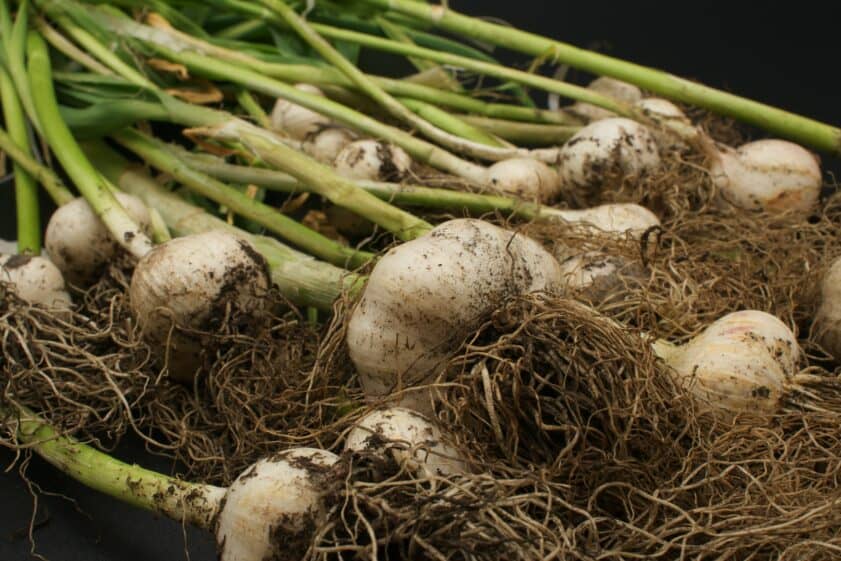
Conclusion:
Aphids can be a frustrating problem for gardeners, but there are both natural and chemical methods for getting rid of them. By identifying aphids early and taking steps to prevent them from returning, you can keep your garden healthy and beautiful.
Yes, vinegar can help kill aphids. Vinegar is acidic, and spraying a solution of vinegar and water directly onto aphids can cause them to die. The acidic nature of vinegar breaks down the protective coating on the aphids, which can lead to dehydration and death. However, vinegar in high concentrations will also hurt the plants.
Yes, aphids can cause permanent damage to plants if they are not controlled. As aphids feed on the plant’s sap, they can weaken the plant, stunt its growth, and cause leaves to yellow and curl. This can make the plant more vulnerable to other pests and diseases. Additionally, aphids can transmit plant viruses, which can cause significant damage and even death to the plant.
If you have plants that are heavily infested with aphids, it’s important to dispose of them properly to prevent the aphids from spreading to other plants. You can remove the plant and seal it in a plastic bag before disposing of it in the trash. Alternatively, you can burn the plant or bury it deeply to prevent the aphids from escaping and re-infesting your garden.

